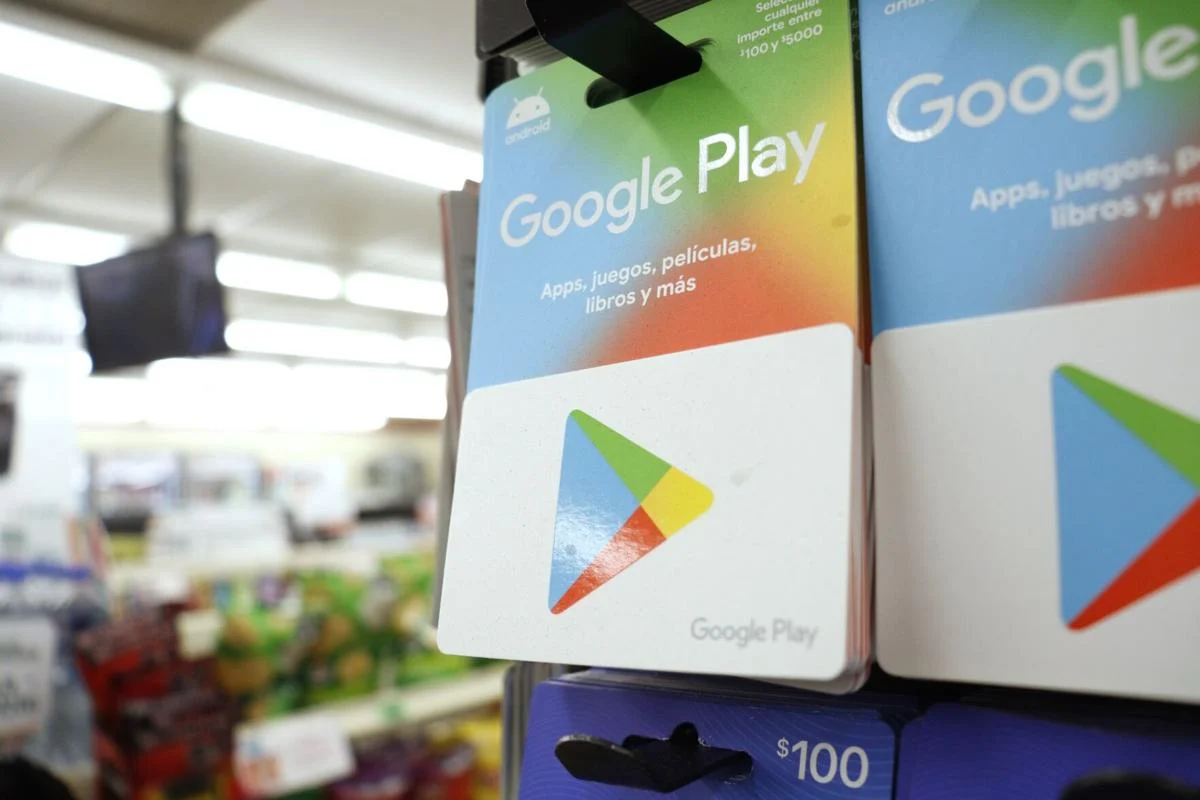In a landmark ruling, a U.S. judge has ordered significant changes to Google’s Android app store, marking one of the most substantial legal interventions into the company’s business practices. This ruling underscores mounting scrutiny over Google’s influence in the digital marketplace, especially within its app ecosystem. The decision, which followed years of legal debate and regulatory challenges, may reshape the landscape of app distribution on Android devices. This development is viewed as a monumental step toward limiting Google’s dominance in the mobile app sector and increasing market fairness.
Background: Google’s Dominance in the Android Ecosystem
Google’s Android operating system currently powers approximately 70% of smartphones worldwide, positioning Google as a gatekeeper for app distribution via its Play Store. Since its inception, the Google Play Store has been the primary platform for Android users to download, purchase, and update apps, providing the tech giant with an avenue to manage, distribute, and profit from app sales.
For years, Google has required that developers adhere to its policies, including paying up to 30% of revenue in service fees when users make in-app purchases. This fee structure, often criticized as steep, has fueled calls for reform from app developers, who argue that Google’s practices limit their earnings and reduce competition by stifling smaller app developers. The ruling aims to address these complaints, offering a path for developers to reach users outside Google’s ecosystem and foster a more competitive app market.
Key Points of the Court’s Decision
The ruling, issued by U.S. District Judge James Donato, includes several critical provisions aimed at curtailing Google’s control over Android app distribution. These provisions not only impact Google’s business model but also set a precedent for other tech companies and their digital marketplaces.
1. Permitting Alternative App Stores:
One of the central elements of the ruling mandates that Google must allow Android users to download and use alternative app stores without facing penalties. This change grants users more freedom to choose app sources and could break Google’s near-monopoly on Android app distribution. It also empowers developers to offer their apps on other platforms without being constrained by Google’s policies and fees, thereby leveling the playing field for developers and reducing dependency on Google’s Play Store.
2. Allowing Direct Payment Systems:
Another pivotal part of the ruling compels Google to permit developers to incorporate their own payment systems for in-app purchases, eliminating the necessity for developers to exclusively use Google’s payment processor. Historically, Google has mandated that developers use its payment system, which takes a significant percentage of each transaction. By allowing alternative payment options, developers can potentially offer lower prices to users, as they will no longer be subject to Google’s 30% service charge. This change also ensures that Google’s pricing does not dictate the market standard, potentially benefiting consumers by fostering competitive pricing across the app ecosystem.
3. Limiting Google’s Ability to Favor Its Own Apps:
The judge’s decision also included restrictions on Google’s ability to prioritize its own apps over third-party options. Previously, Google has been accused of using its control over the Play Store and Android to promote its proprietary apps, disadvantaging competitors. For instance, Google’s suite of applications—like Chrome, Gmail, and Google Maps—have often been pre-installed on Android devices, giving them a competitive advantage over rival apps. The ruling attempts to prevent this preferential treatment by ensuring fair visibility and discoverability for all apps, irrespective of their affiliation with Google.
Impact on the App Development Community
The ruling is seen as a victory for app developers, particularly smaller and independent developers who have long argued that Google’s app store policies create an uneven playing field. By enabling developers to distribute their apps through alternative stores and offer direct payment methods, the decision provides an avenue for increased revenue and growth.
In recent years, app developers have increasingly voiced concerns over the restrictive policies of major tech platforms. Alongside Google, Apple has also faced legal challenges regarding its App Store practices, including a prominent case brought forward by Epic Games in 2021. Although Apple and Google dominate the app distribution market, these rulings could encourage other platforms to adopt more inclusive and flexible policies.
Industry experts anticipate that smaller developers will benefit significantly from the decision, as they can now offer competitive pricing without the burden of Google’s service fees. This change may result in a richer variety of apps and services for users, as developers with innovative ideas can compete without the financial constraints previously imposed by Google.
Google’s Response and Implications for the Tech Giant
In response to the ruling, Google expressed disappointment, stating that the Play Store provides essential security protections, stability, and user trust. The company argued that allowing alternative app stores and payment systems could undermine the security of Android devices, as third-party stores may not uphold the same security standards. However, proponents of the ruling argue that Google’s position is primarily aimed at preserving its financial interests rather than user safety.
The financial implications for Google are significant. The company’s Play Store has generated billions of dollars in revenue from app sales, in-app purchases, and subscriptions. With the new changes, a substantial portion of this revenue could be at risk as developers and consumers may opt for alternatives that bypass Google’s fees. Some analysts estimate that Google could lose up to $10 billion annually if enough developers adopt alternative payment systems and distribution platforms.
Furthermore, the ruling could prompt other countries to take similar actions. Already, regulatory authorities in the European Union and South Korea have imposed restrictions on Google’s app store practices, and this U.S. decision could strengthen those efforts. If additional countries enforce similar policies, Google’s global revenue from app sales could face considerable challenges.
Impact on Consumers and the Broader App Ecosystem
For consumers, the ruling is likely to bring several benefits. By expanding their options for app stores and allowing them to make payments directly through developers’ systems, users may enjoy lower prices and more choices. This competition could lead to improved app quality, as developers are incentivized to enhance user experience without adhering to Google’s guidelines.
On the flip side, some consumer advocacy groups have raised concerns about the potential risks associated with alternative app stores. Google’s Play Store has long been a curated platform with built-in security measures, and third-party stores may lack such stringent safeguards. As more app stores enter the market, ensuring the security and integrity of apps could become more challenging, potentially increasing users’ vulnerability to malicious apps.
Nevertheless, experts believe that with proper safeguards, the benefits of increased choice will outweigh potential risks. By reducing Google’s influence over the app market, the ruling may encourage greater transparency and accountability across the industry, ultimately benefiting consumers by fostering innovation.
Broader Implications for Big Tech Regulation
This ruling is part of a larger trend in which governments around the world are taking steps to limit the power of major tech companies. Over the past decade, Google, Apple, Amazon, and Facebook have faced numerous antitrust investigations, fines, and court rulings aimed at curbing their monopolistic tendencies. Lawmakers argue that these companies’ practices stifle competition, limit consumer choice, and prevent smaller businesses from thriving.
The recent decision may set a precedent for additional regulations, particularly in the United States, where calls for antitrust reform are gaining momentum. Legislators have introduced several bills aimed at regulating tech companies’ operations, especially regarding app distribution and payment processing. If these bills pass, the U.S. could see even more drastic changes in how tech giants operate.
Moreover, the ruling may influence similar cases involving Apple, which has also faced allegations of monopolistic practices within its App Store. Apple’s policies are strikingly similar to Google’s, particularly regarding in-app purchases and alternative payment options. Observers are closely watching to see if this ruling will prompt similar decisions in other tech cases, potentially leading to a more diverse and competitive digital marketplace.
Future Outlook
The decision mandating changes to Google’s Play Store is a defining moment in the battle for fair competition in digital marketplaces. By limiting Google’s control over app distribution, the ruling may create a new paradigm for app stores, allowing for greater choice, flexibility, and competition. While Google may appeal the decision, the ruling has already sent ripples through the tech industry, signaling that significant changes are on the horizon.
As this case unfolds, stakeholders across the app ecosystem—from developers to consumers and regulators—will be monitoring the impact of the ruling closely. Whether it leads to further regulations on tech giants or inspires more developers to challenge restrictive policies, the ruling may become a blueprint for promoting competition and consumer choice in digital markets around the world.





